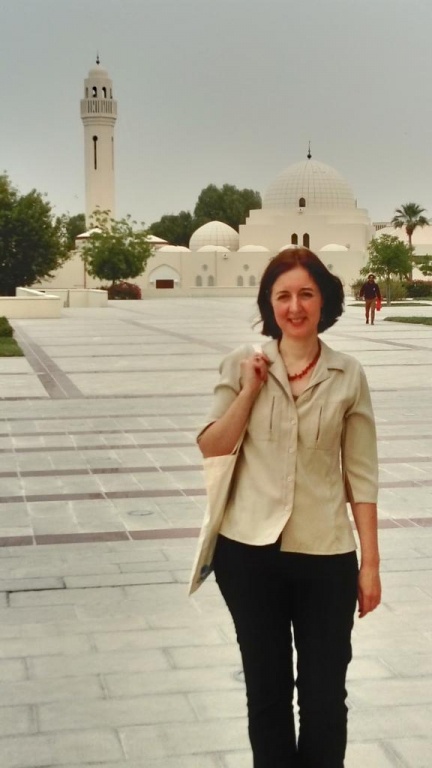Dr Couzigou recently participated in a conference hosted by the UN Office on Drugs and Crime in collaboration with Qatar University College of Law. The conference took place in Doha on 25th & 26th April 2018.
Dr. Couzigou joined Law and Social Science academics from all over the world, together with UN practitioners, to explore the links between organised crime and terrorism. Dr Couzigou presented her analysis exploring if there is a need for a new treaty criminalising online terrorism preparatory acts. the summary of which is outlined below.
Today, terrorist organisations can resort to the Internet to promote terrorism, recruit and train new terrorists, organise and coordinate their operations and finance their activities. Dr Couzigou first proposed a definition of terrorism and online terrorism preparatory acts. She then studied whether current international binding instruments on terrorism or cybercrime could apply to cyber activities as a precursor of terrorism. UN Security Council resolutions, the Convention for the Suppression of the Financing of Terrorism, and the Convention against Transnational Organised Crime cover certain terrorism-related activities conducted via the Internet. Other international and regional instruments in Africa, America, Asia and Europe require from States the criminalisation of online terrorism preparatory acts.
Dr Couzigou concluded that although there is no gap under international law in the regulation of cyber activities as a precursor of terrorism, the international community of States should nevertheless respond more comprehensively, precisely and thus efficiently to the use of the Internet for terrorist purposes. An international treaty should be drafted that treats online terrorism preparatory acts as a distinctive category of cyber offence.
Lessons learned and ideas included in the papers delivered at the conference will be included in modules prepared by the United Nations Office on Drugs and Crime. Those modules will be submitted to the UN Security Council.



